Zebeta is the brand name for bisoprolol, a beta blocker used primarily to treat high blood pressure and certain heart conditions. It doesn’t cure these problems, but it helps manage them by making your heart work less hard and lowering your blood pressure over time. If you’ve been prescribed Zebeta, you’re probably looking for clear, no-fluff answers: How does it actually work? What should you expect? Are there real risks or just warnings on the label?
How Zebeta Works in Your Body
Zebeta belongs to a class of drugs called beta blockers. These drugs block the effects of adrenaline on your heart and blood vessels. Adrenaline is the hormone that makes your heart race during stress, exercise, or fear. When you take Zebeta, it slows down your heart rate and reduces the force of each heartbeat. That means your heart doesn’t need as much oxygen, and your blood pressure drops.
Unlike some older beta blockers that affect the whole body, Zebeta is selective. It mainly targets the beta-1 receptors in your heart. This makes it less likely to cause side effects like cold hands or breathing problems compared to non-selective beta blockers. That’s why doctors often choose Zebeta for people with asthma or chronic lung disease - it’s one of the safer options in its class.
It takes about 2 to 4 weeks for Zebeta to reach its full effect. You won’t feel dramatically different right away. That’s normal. Blood pressure medication isn’t meant to give you a quick buzz. It’s a slow, steady fix. If you stop taking it suddenly, your blood pressure can spike, or you could even have chest pain or a heart attack. Always talk to your doctor before stopping.
Who Prescribes Zebeta and Why
Zebeta is most commonly prescribed for:
- High blood pressure (hypertension)
- Chronic stable angina (chest pain from heart strain)
- Heart failure (in combination with other meds)
- After a heart attack, to reduce the risk of another
It’s not used for sudden, emergency high blood pressure. It’s for long-term control. If you’re in your 50s or older and have been diagnosed with mild to moderate hypertension, Zebeta is often one of the first choices. It’s especially helpful if you also have diabetes, because it doesn’t interfere with blood sugar levels the way some other blood pressure drugs do.
Doctors may also prescribe it off-label for anxiety-related heart palpitations or to prevent migraines, but those uses aren’t officially approved everywhere. Always check with your prescriber if you’re unsure why you’re taking it.
Dosage and How to Take It
Zebeta comes in tablet form, usually in doses of 2.5 mg, 5 mg, or 10 mg. Most people start with 2.5 mg or 5 mg once a day. Your doctor will adjust the dose based on your response. Some people stay on 5 mg for years. Others need 10 mg if their blood pressure doesn’t drop enough.
You can take it with or without food. It’s best to take it at the same time every day - morning is common, because it can cause drowsiness in some people. Don’t crush or chew the tablets. Swallow them whole with water.
If you miss a dose, take it as soon as you remember. But if it’s almost time for your next dose, skip the missed one. Never double up. Taking too much can make your heart beat too slowly or cause dizziness, fainting, or even heart failure.
Side Effects - Real vs. Overblown
Like all medications, Zebeta has side effects. But most people tolerate it well. The most common ones are mild and tend to fade after a few weeks:
- Fatigue or tiredness
- Dizziness, especially when standing up
- Cold fingers or toes
- Headache
- Upset stomach
These aren’t dangerous - just annoying. If you feel dizzy, stand up slowly. If your hands feel cold, wear gloves. These aren’t signs the drug isn’t working; they’re signs it’s doing its job.
More serious side effects are rare but need attention:
- Very slow heartbeat (under 50 beats per minute)
- Swelling in your ankles or legs
- Shortness of breath that’s new or worse
- Depression or mood changes
If you notice any of these, call your doctor. Don’t panic, but don’t ignore them either. People with severe asthma or heart block should not take Zebeta. If you’ve had a heart attack recently, your doctor will monitor you closely in the first few weeks.
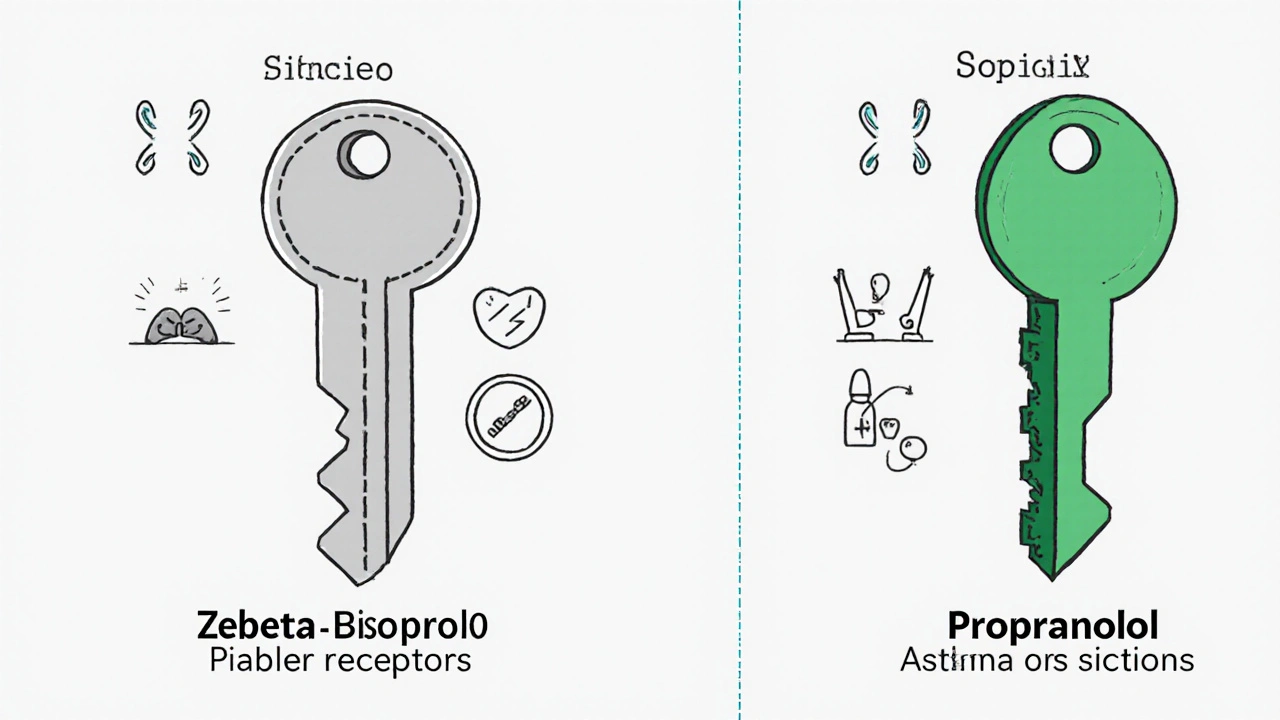
What to Avoid While Taking Zebeta
You don’t need to go on a strict diet, but some things can interfere with Zebeta:
- Alcohol: It can make your blood pressure drop too low and increase dizziness.
- NSAIDs: Painkillers like ibuprofen or naproxen can reduce Zebeta’s effectiveness and raise your blood pressure.
- Some antidepressants: Especially monoamine oxidase inhibitors (MAOIs), which can cause dangerous spikes in blood pressure when mixed with beta blockers.
- Herbal supplements: Licorice root, hawthorn, and yohimbine can interfere with blood pressure control.
Always tell your doctor or pharmacist about everything you’re taking - even vitamins or over-the-counter cold meds. Some decongestants (like pseudoephedrine) can raise your blood pressure and undo Zebeta’s benefits.
Zebeta vs. Other Beta Blockers
There are many beta blockers on the market: metoprolol, atenolol, propranolol. So why Zebeta?
| Medication | Half-life | Dosing Frequency | Heart Selectivity | Best For |
|---|---|---|---|---|
| Zebeta (bisoprolol) | 10-12 hours | Once daily | High | High blood pressure, heart failure, diabetic patients |
| Metoprolol succinate | 12-14 hours | Once daily | High | Post-heart attack, angina |
| Atenolol | 6-9 hours | Once daily | High | Older adults, cost-sensitive cases |
| Propranolol | 3-6 hours | Twice daily | Low | Migraines, anxiety, tremors |
Zebeta stands out because of its long, steady action and high heart selectivity. It doesn’t need to be taken twice a day like propranolol. It’s less likely to cause breathing issues than non-selective blockers. And unlike atenolol, it’s not cleared mainly by the kidneys - so it’s safer for people with mild kidney problems.
How Long Do You Stay on Zebeta?
Most people take Zebeta for life. High blood pressure and heart conditions don’t go away. Stopping the drug means your body goes back to its old, unhealthy patterns. That’s why adherence is so important.
Some people wonder if they can get off it by eating better or losing weight. The answer is: sometimes. If you make major lifestyle changes - like losing 10% of your body weight, cutting salt, and exercising regularly - your doctor might consider lowering your dose. But don’t try this on your own. You need monitoring. Blood pressure can rebound quickly.
There’s no set time to stop. It’s not like antibiotics. You don’t finish a course. You keep going unless your doctor says otherwise.
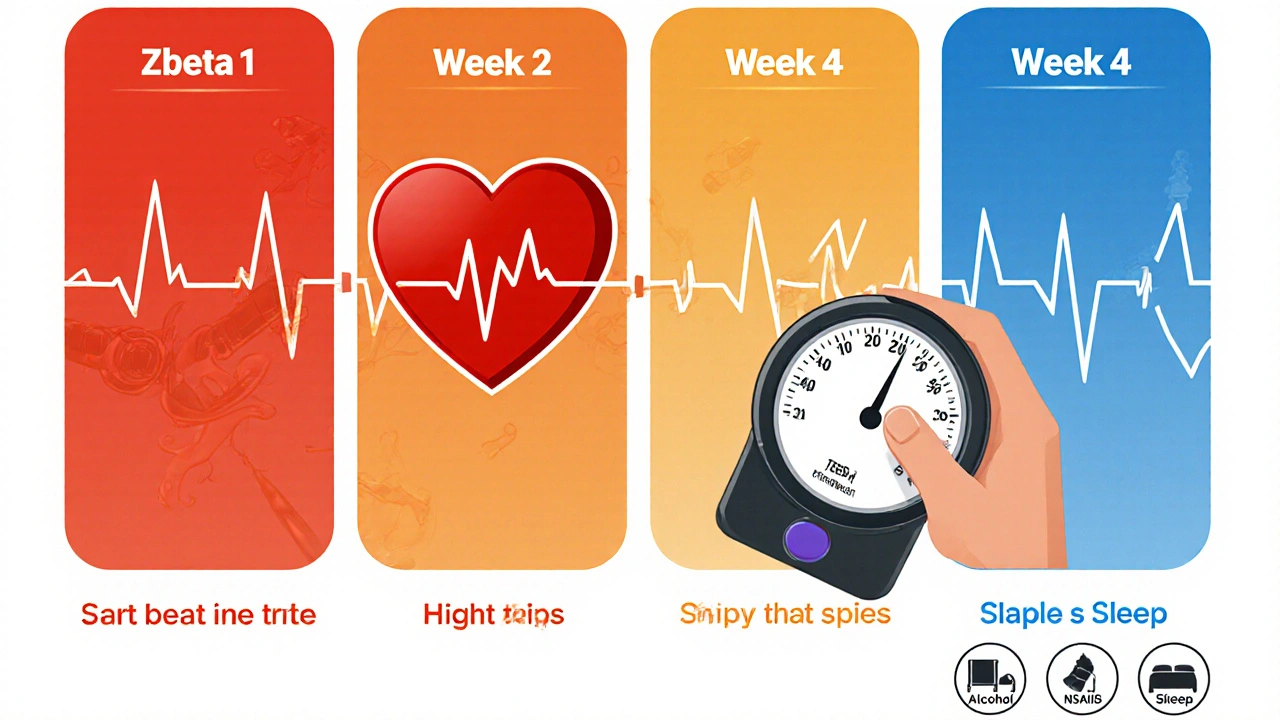
What to Do If Zebeta Isn’t Working
If your blood pressure hasn’t dropped after 6-8 weeks, your doctor might:
- Increase your Zebeta dose
- Add another blood pressure medication, like a diuretic or calcium channel blocker
- Switch to a different beta blocker
It’s not a failure if Zebeta doesn’t work alone. Blood pressure control often needs a team of drugs. Many people take two or three pills a day. That’s normal.
Also, make sure you’re measuring your blood pressure correctly. Home monitors can be inaccurate if you’re not sitting still, using the wrong cuff size, or measuring right after coffee or exercise. Track your readings and bring them to your appointments.
Frequently Asked Questions
Can Zebeta cause weight gain?
Some people gain a small amount of weight - usually 1 to 3 pounds - when starting Zebeta. This isn’t fat gain. It’s often fluid retention. If you notice sudden swelling or rapid weight gain (more than 2 pounds in a day), tell your doctor. It could mean your heart failure is worsening. For most, the weight change is temporary and minor.
Does Zebeta affect sleep or cause nightmares?
Unlike older beta blockers like propranolol, Zebeta is less likely to cross the blood-brain barrier. That means it rarely causes sleep disturbances, vivid dreams, or depression. If you’re having trouble sleeping, it’s more likely due to stress, caffeine, or another medication. Still, if it happens, talk to your doctor - they might adjust the timing of your dose.
Is Zebeta safe for older adults?
Yes. Zebeta is often preferred for seniors because it’s predictable, doesn’t need kidney adjustment in mild cases, and has fewer side effects than some alternatives. Doctors usually start with 2.5 mg in people over 65 and go slow. Falls from dizziness are a concern, so balance and mobility should be monitored.
Can I take Zebeta with other heart medications?
Yes, and often you will. Zebeta is commonly combined with ACE inhibitors, diuretics, or calcium channel blockers for better control. But never combine it with other beta blockers. That can dangerously slow your heart. Always check with your pharmacist before adding any new heart medication.
What happens if I take Zebeta and then have surgery?
Tell your surgeon you’re taking Zebeta. In most cases, you’ll keep taking it before and after surgery. Stopping it suddenly can trigger dangerous heart rhythms or high blood pressure spikes during anesthesia. Your anesthesiologist will manage your heart rate during the procedure. Don’t stop it unless your surgeon or cardiologist tells you to.
Next Steps If You’re on Zebeta
If you’re taking Zebeta, here’s what to do next:
- Take it at the same time every day - set a phone reminder if needed.
- Check your blood pressure at home twice a week and write down the numbers.
- Don’t skip doses, even if you feel fine.
- Watch for swelling, extreme fatigue, or trouble breathing - these are red flags.
- Keep all follow-up appointments. Your doctor will check your kidney function, heart rate, and blood pressure regularly.
Zebeta isn’t flashy. It doesn’t make headlines. But for millions of people, it’s the quiet, reliable medicine that keeps their heart working safely for years. It’s not about feeling better today. It’s about living longer, healthier tomorrow.

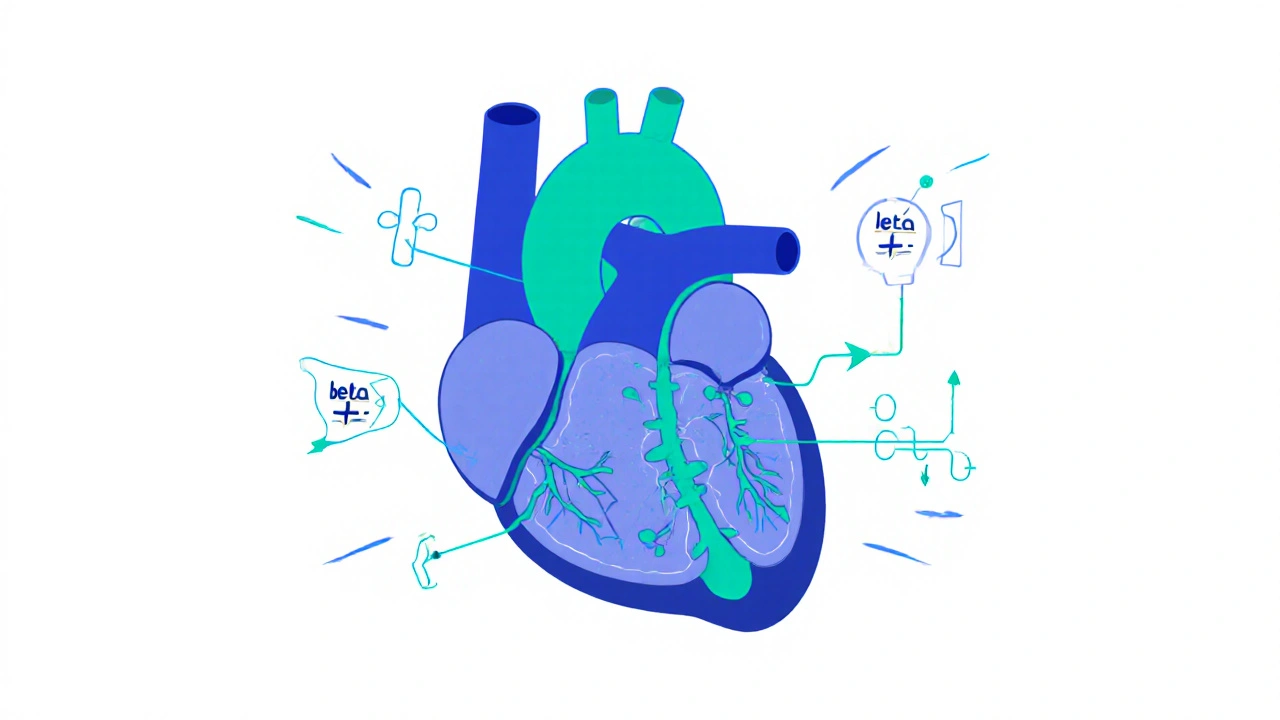


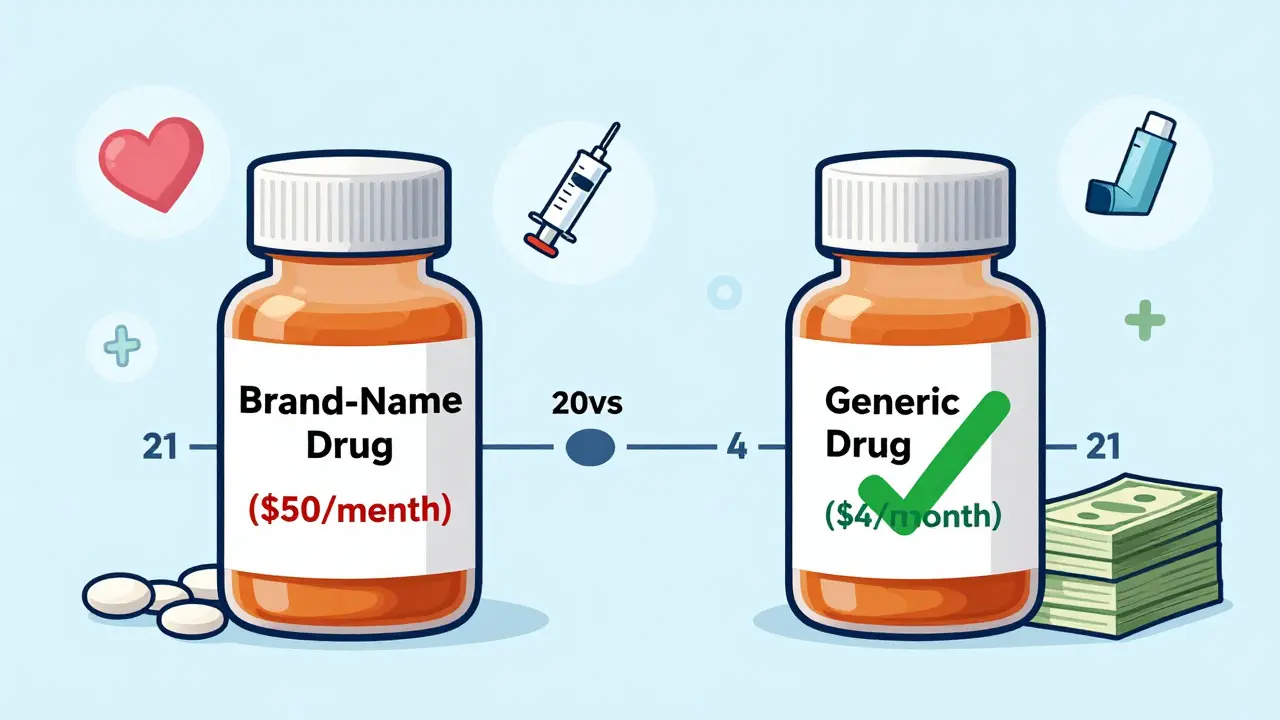

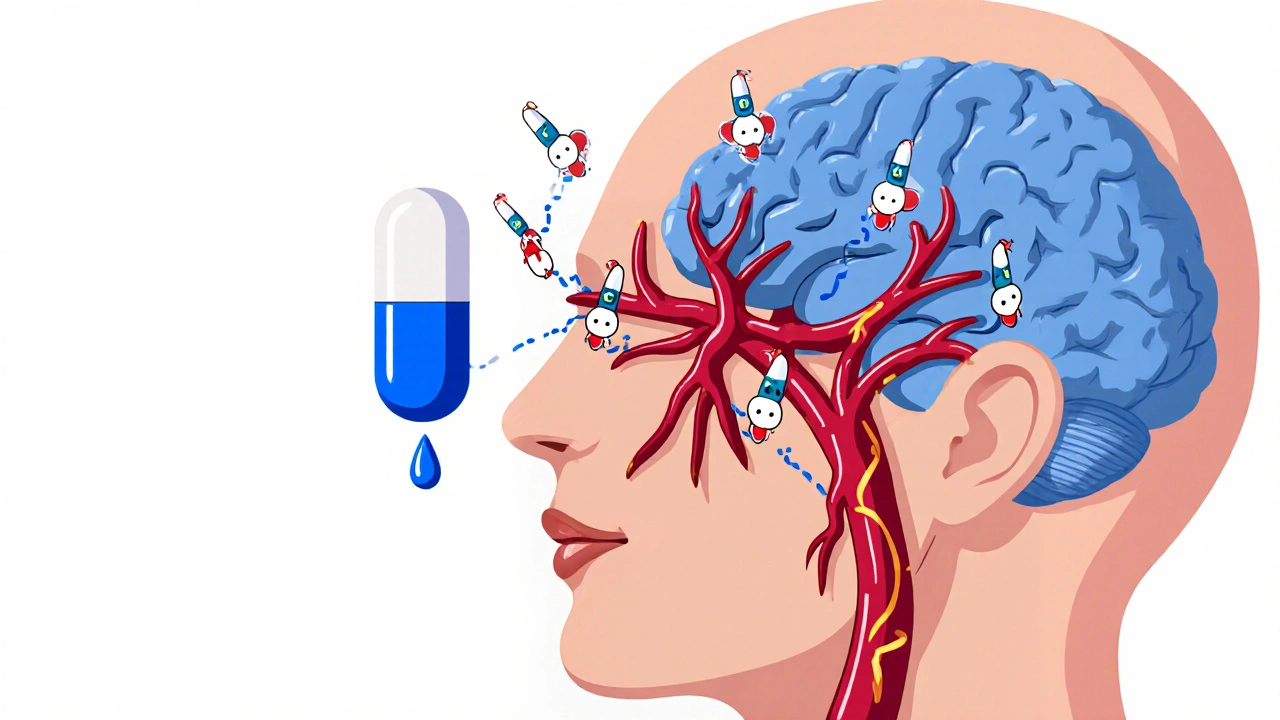
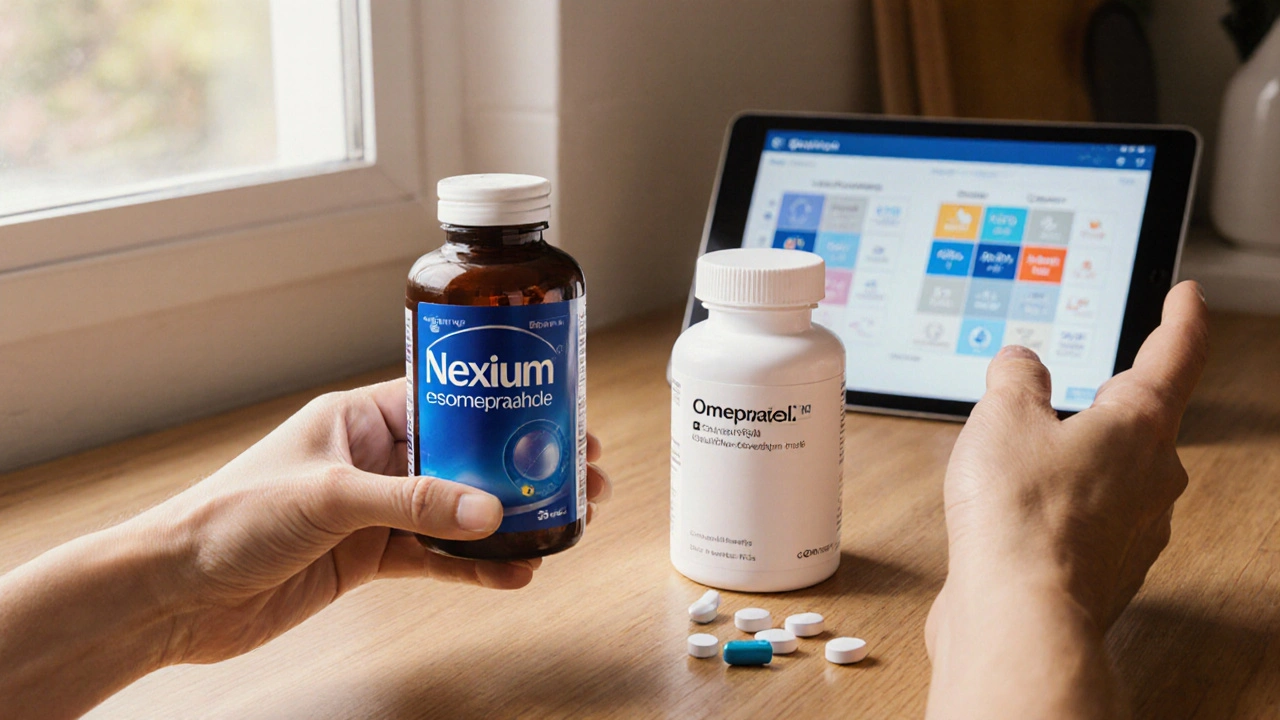
10 Comments